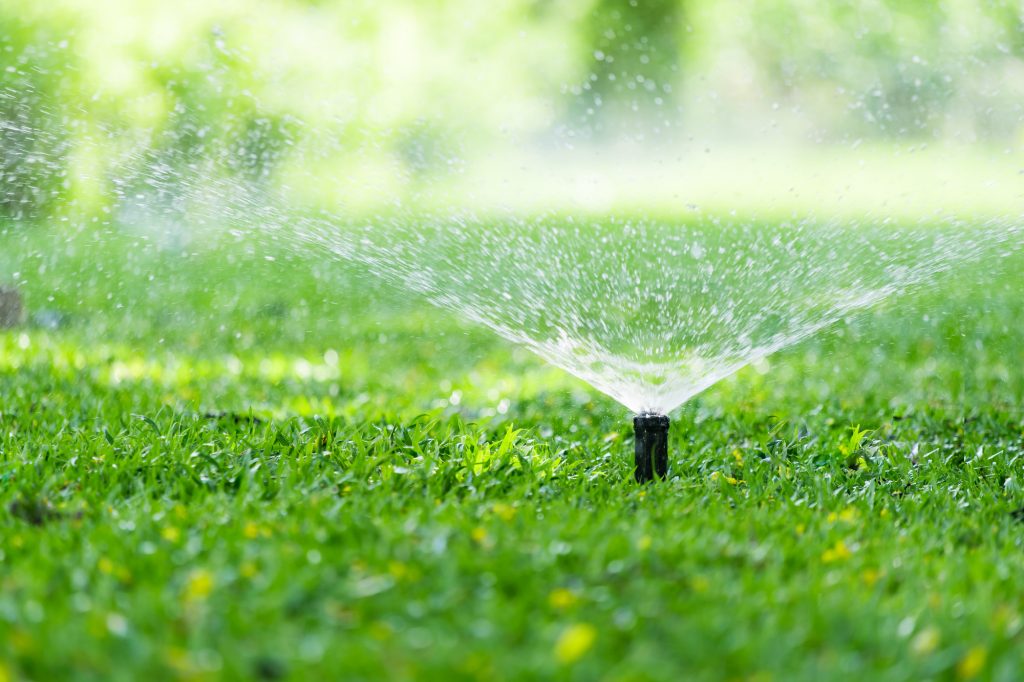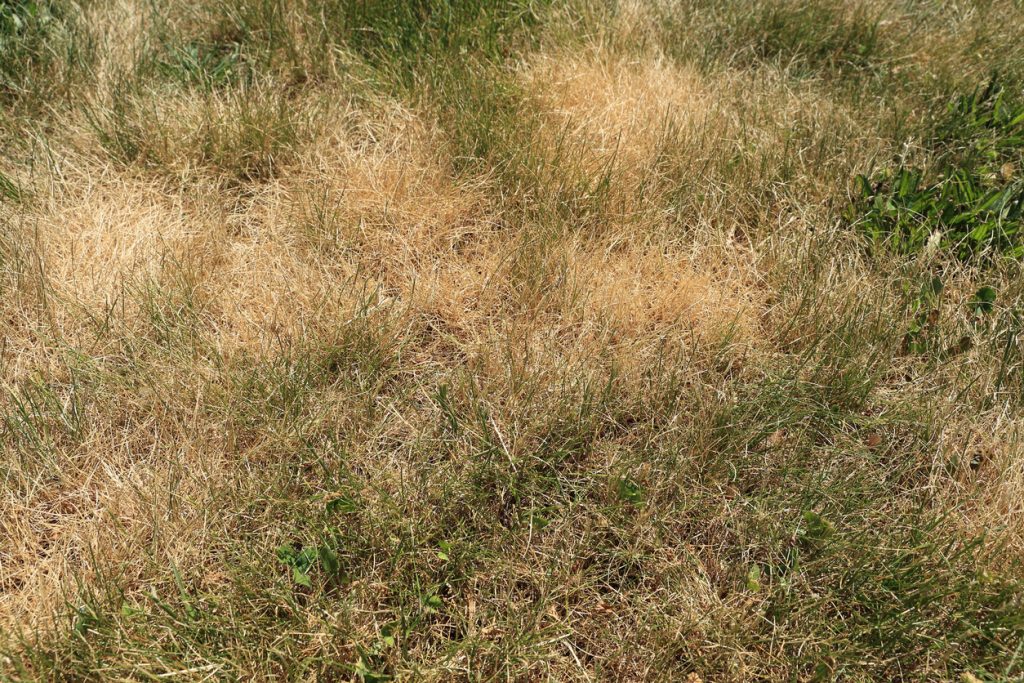Tips to Watering Your Lawn During A Heat Wave

Supplies and Equipment Needed
In the previous few years, it’s become increasingly dry in the spring and summer here in Victoria BC. People have also become more mindful of water usage and water conservation. As a result, it’s become more challenging to keep lawns healthy during those dry months. While there are other solutions such as xeriscape, more hardscaping such as pavers, and artificial turf, many still wish to preserve their lawns. For those who wish to keep their lawn, don’t have a choice, or want some tips on their remaining lawn, here are some tips on minimizing water usage for a lawn landscape.
Water Deeply
The most environmentally friendly option here is to water deeply once or twice a week during a heat wave and allow the grass to go dormant and recover naturally. Obviously this will leave your lawn yellowing over time but they will survive and when times return to normal, will thrive again.
Water deeply 2 to 3 times a week as you would normally do once a week or so depending on precipitation. Water early in the morning as this will give your lawn the most time to soak up and use the water properly. Watering in the afternoon will mean greater losses due to evaporation, and watering at night is discouraged because standing water will not have time to evaporate properly and can lead to disease and rot.
During the hot afternoons, water your lawn lightly for 5 to 10 minutes. This is called syringing and cools down the air around the plant and decreases the plants’ rate of transpiration. This lessens their overall water needs and will help the plants avoid dormancy before cooling off again overnight.
Dormant Does Not Mean Dead

Perennial rye grass and blue grass go dormant in temperatures around 2 degrees Celsius and during times of extreme drought. Avoid walking on or damaging dormant grass as it is fragile in this state. Your grass may look dead during this time but it is still alive, just resting and saving energy. Think of it as like hibernating.
Keeping a healthy and watered lawn during a heat wave will help your lawn recover faster after as well because many of the weeds that may be hiding in your lawn have much deeper and succulent root systems than the grasses. As a result, they will likely continue to thrive regardless of supplemental irrigation.
Reduce Stress Vectors
Do not do anything that may stress your lawn out further, such as fertilizing. Do not fertilize water stressed plants and grasses. Reducing traffic is another way to reduce stressors for your lawn. This does not mean eliminating all traffic but less is better of course. Obviously, you may not want to cut your lawn during a heat wave either as that will seriously stress the plants and increase their water loss.
Final Word
Nothing bad will happen to your lawn if you don’t do these things. Your grass will go dormant and be fine. You may find some dead patches if your grass wasn’t super healthy moving into a heat wave, but it’s nothing a little overseeding in the fall and spring won’t fix. Unfortunately with climate change and water conservation rules, we may find ourselves increasingly in this situation in Victoria BC.